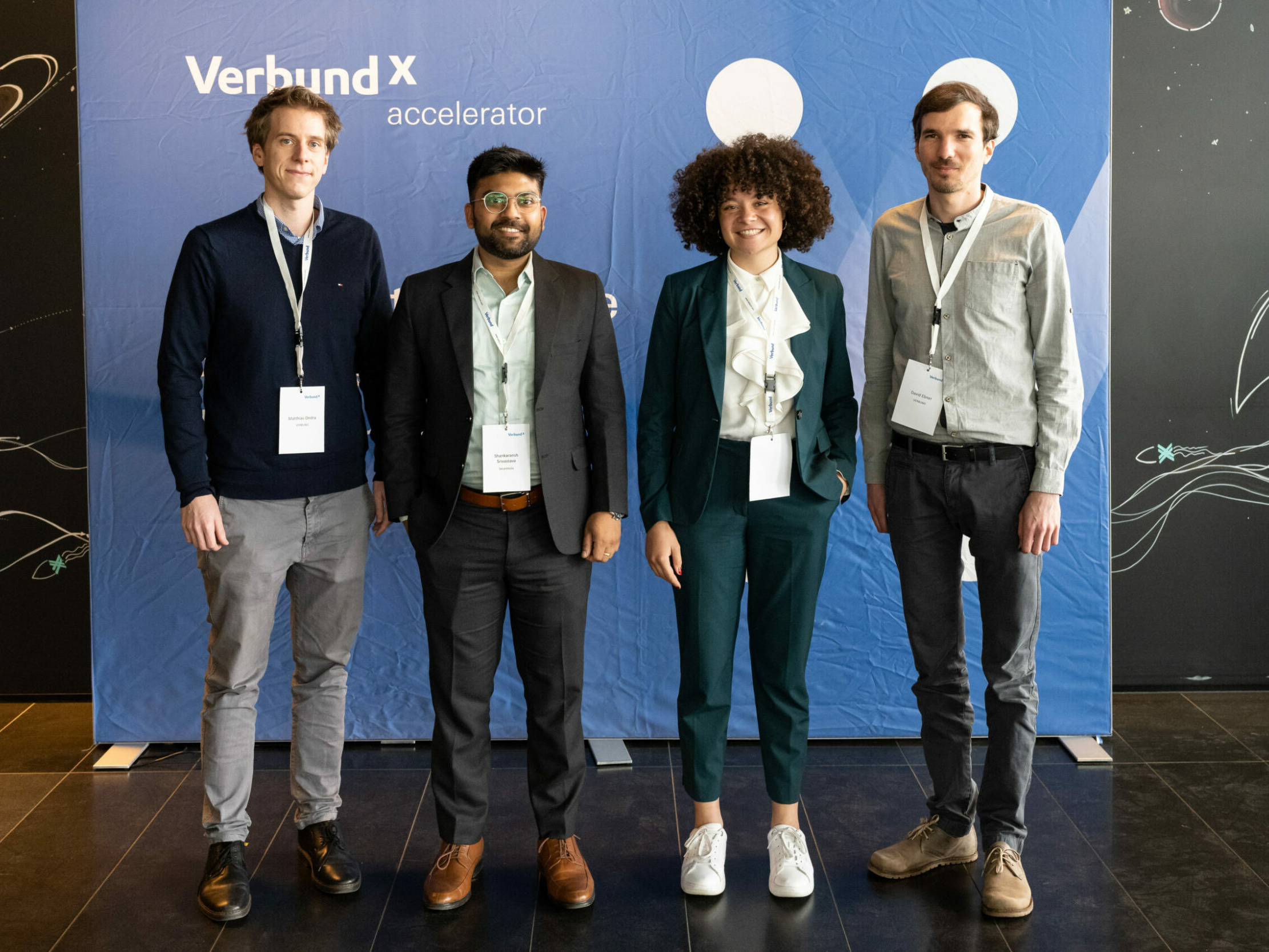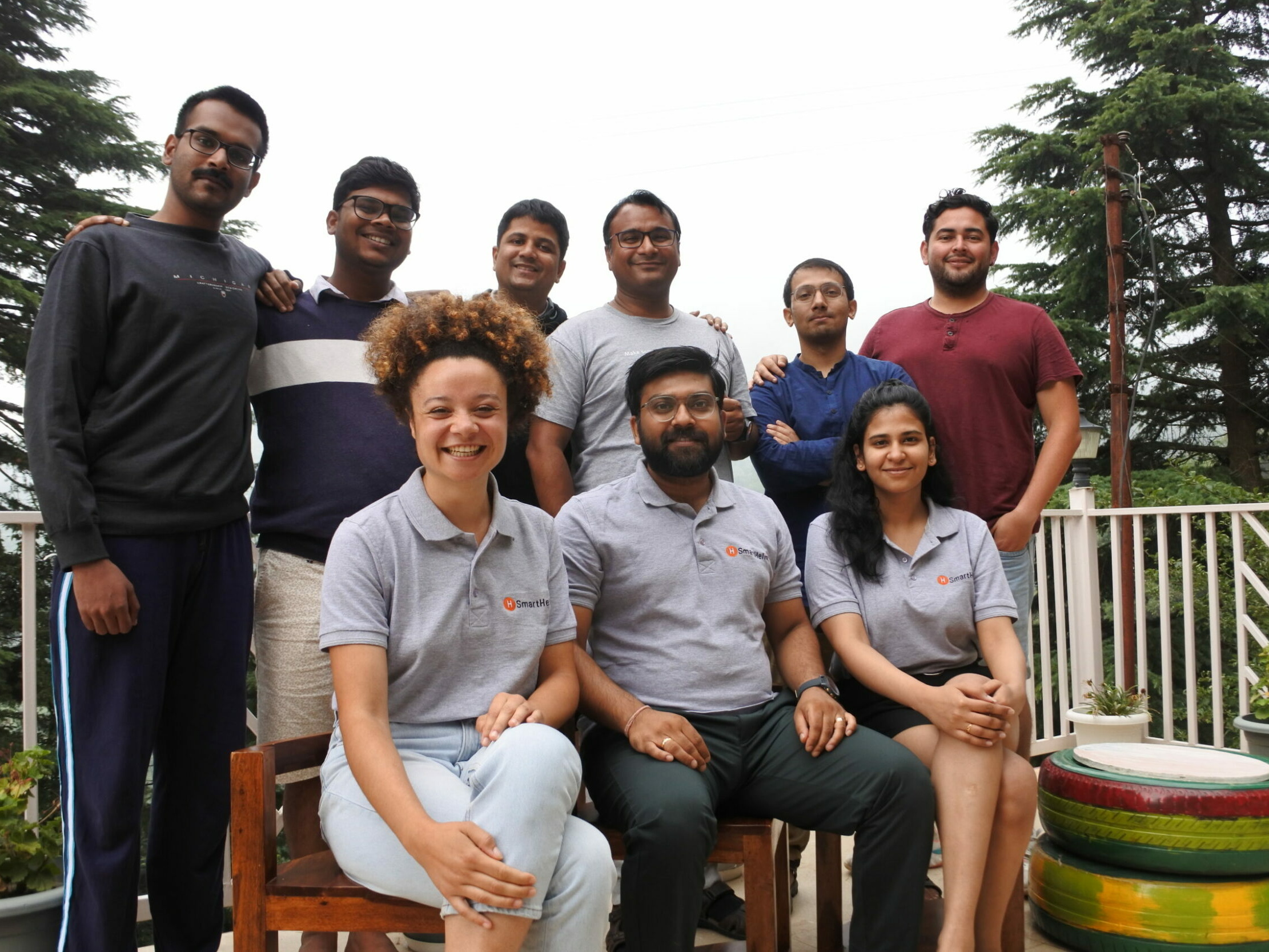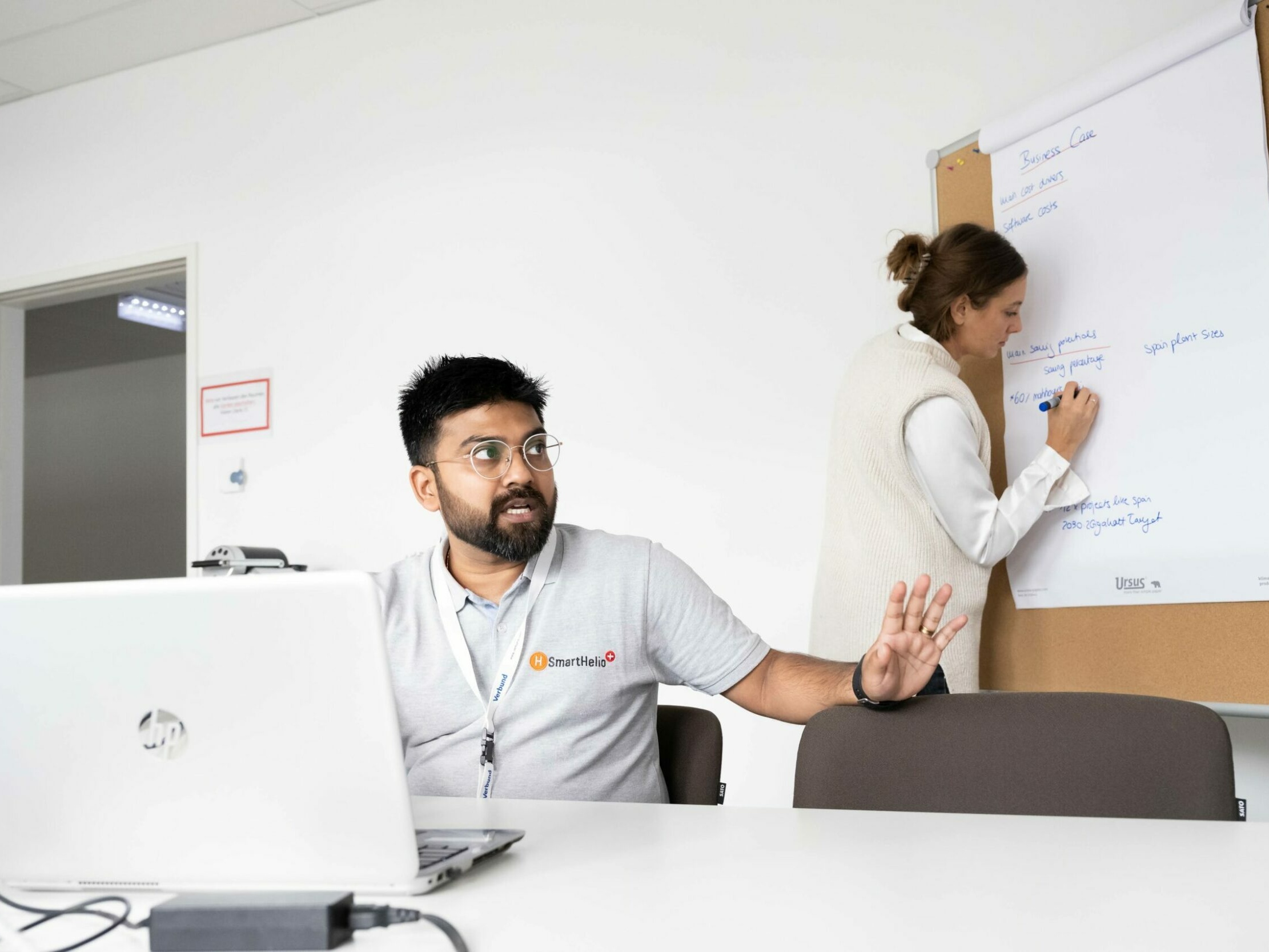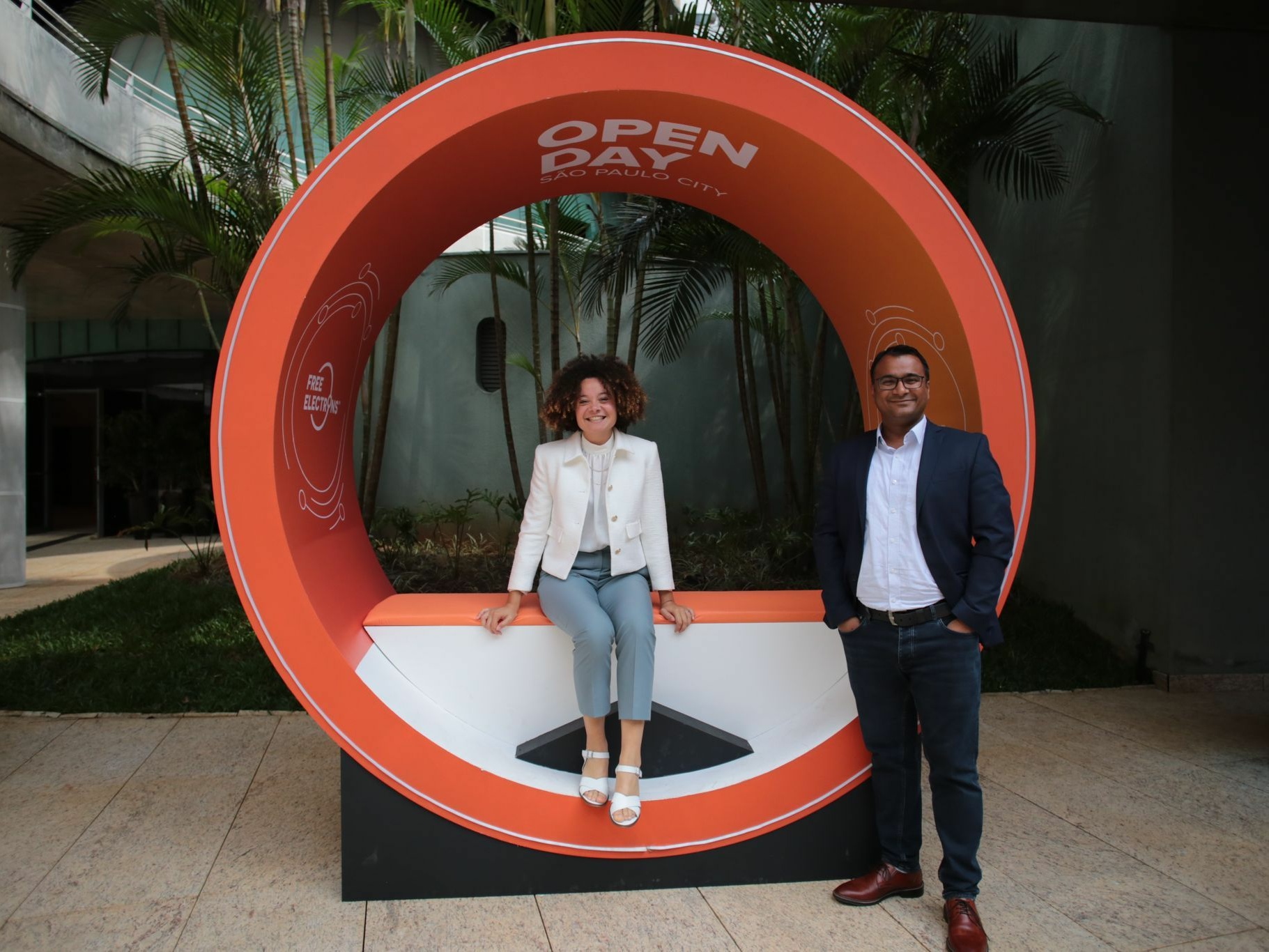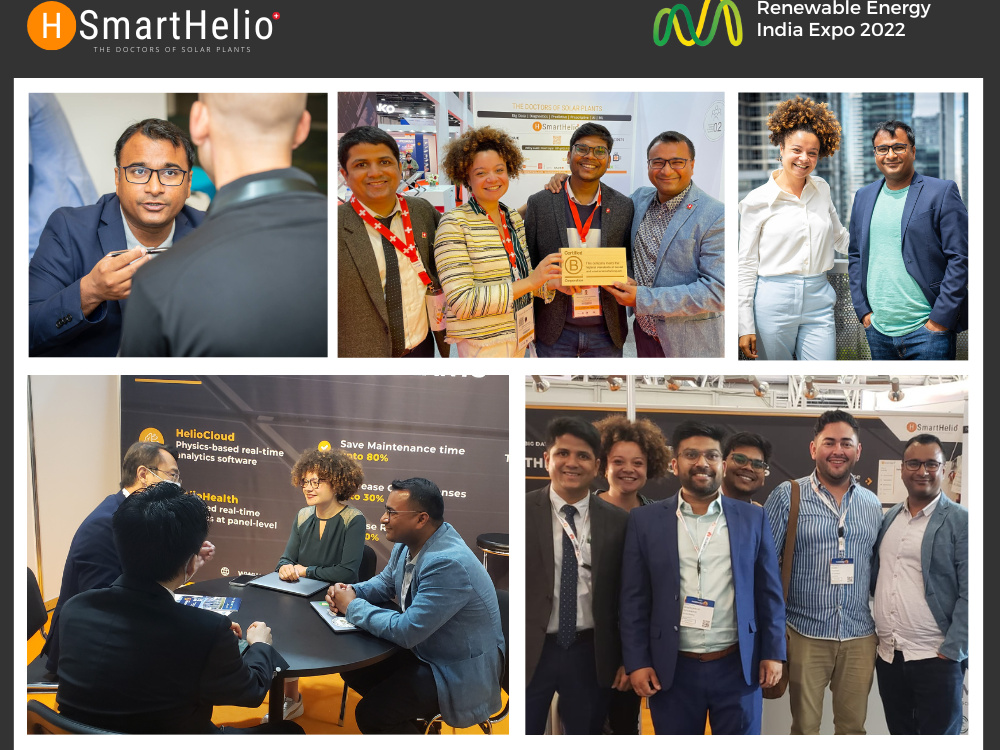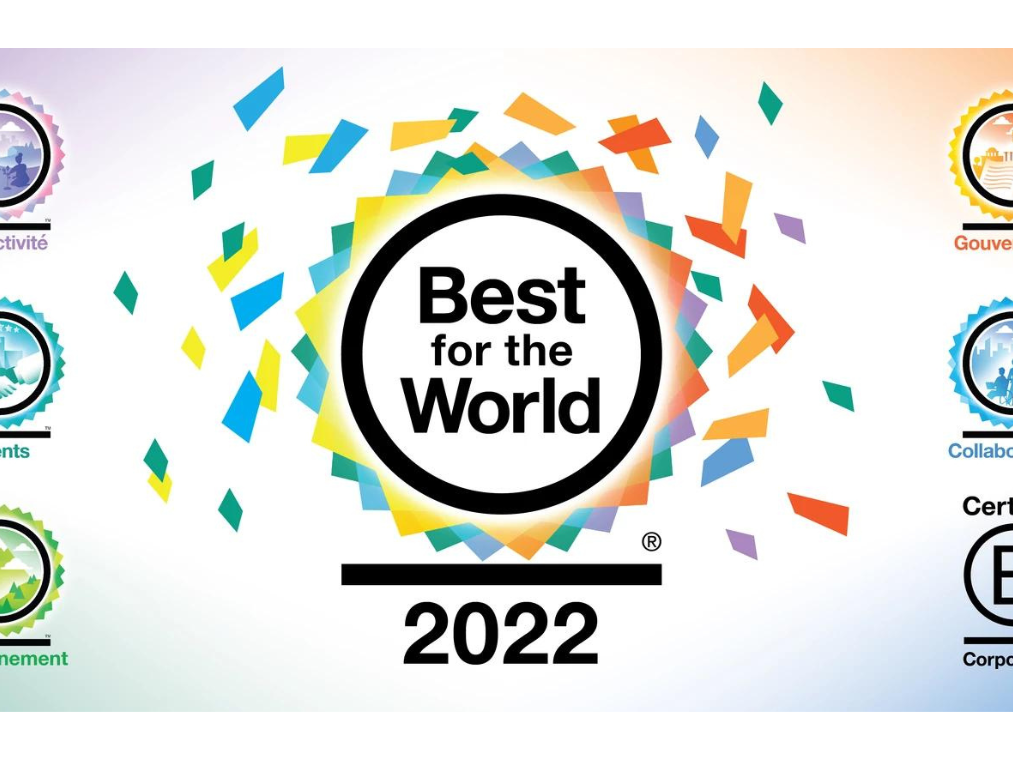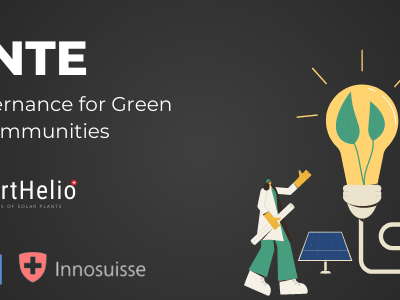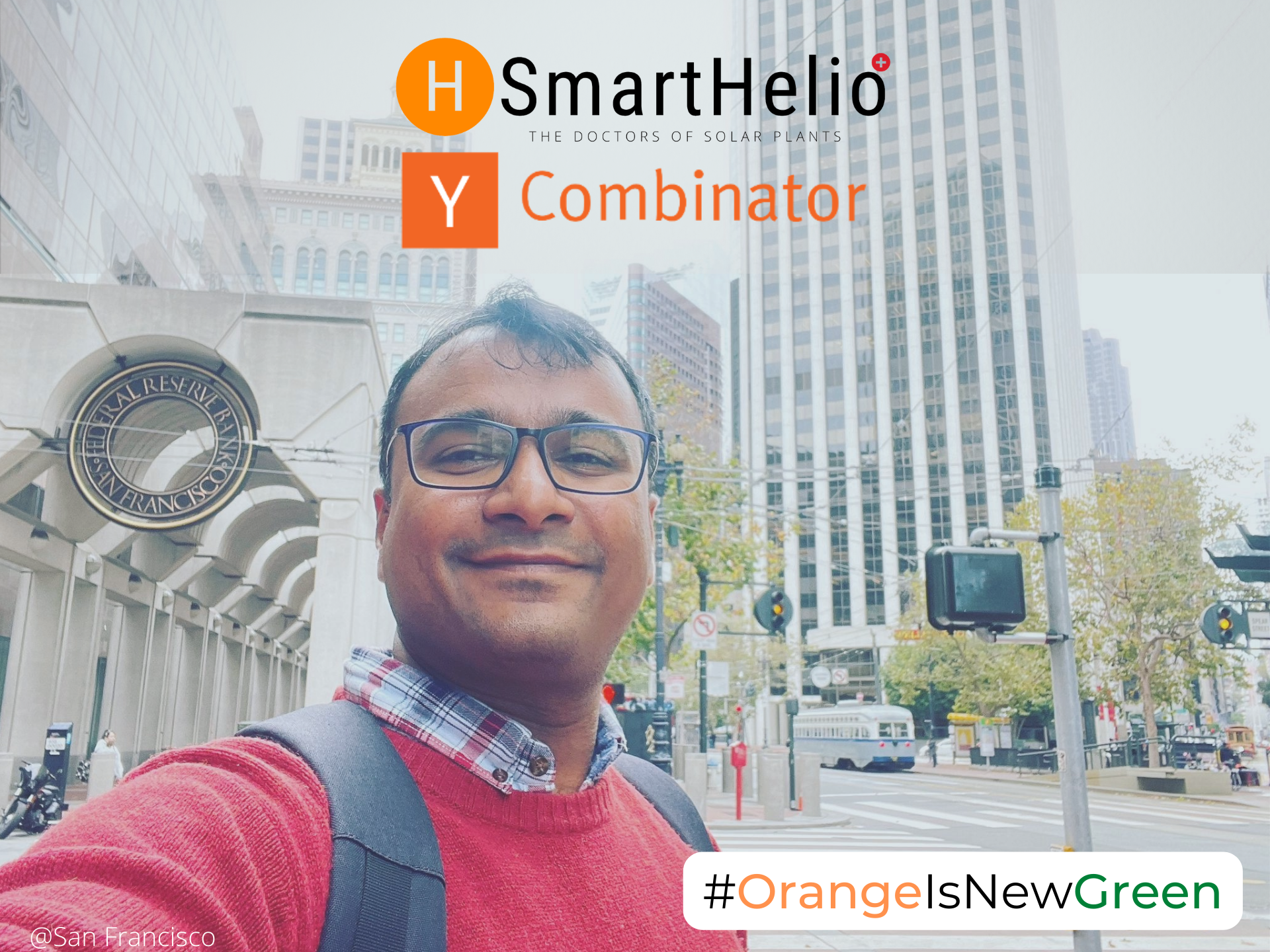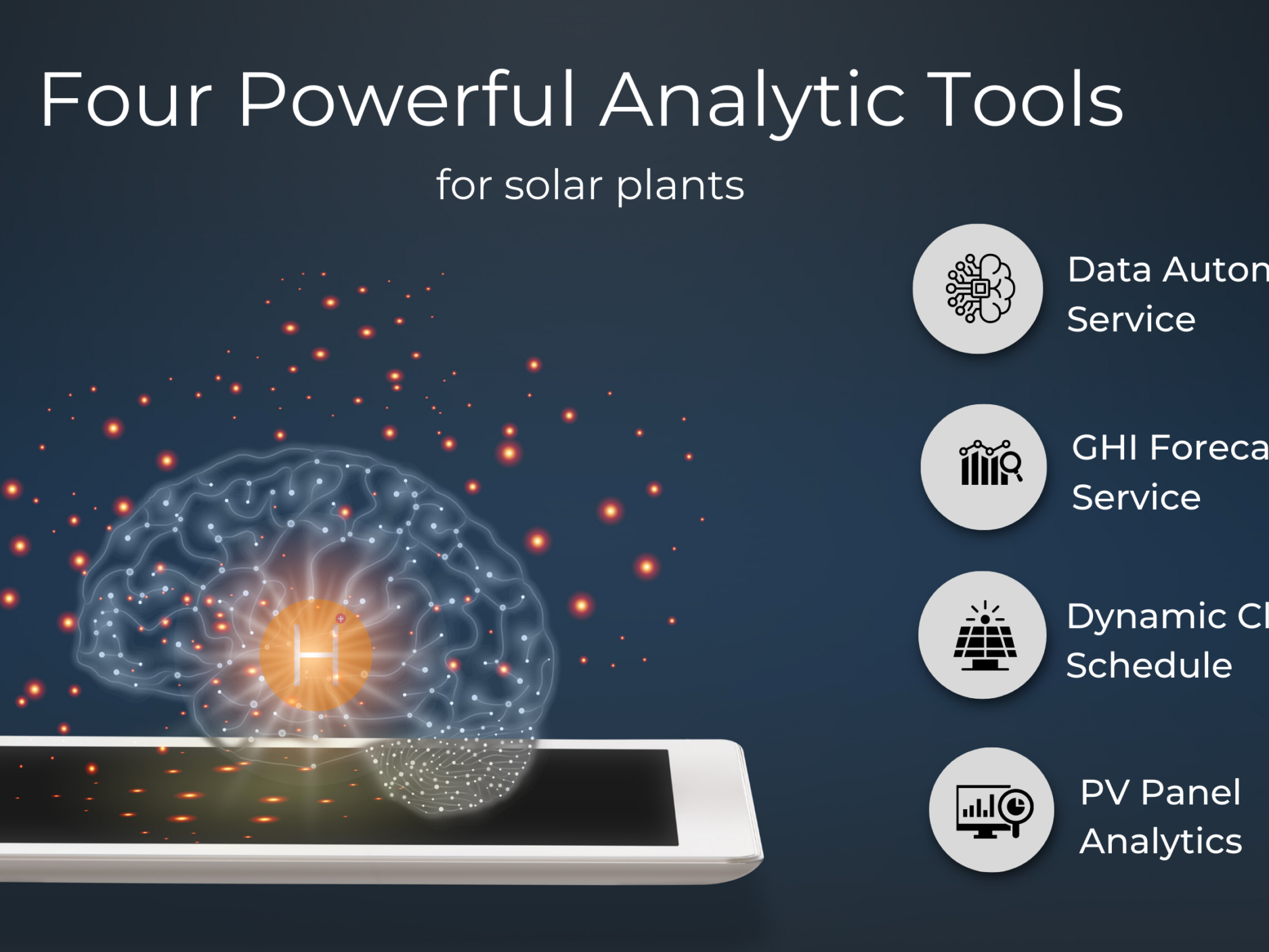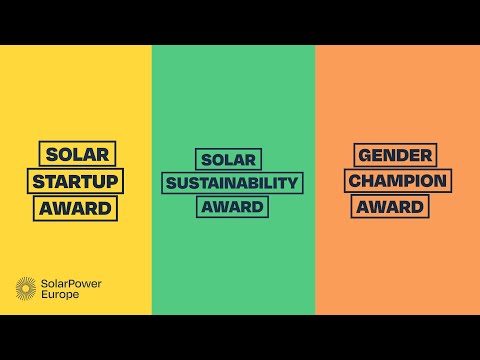Article originally from Efficience 21 in collaboration with CleantechAlps.
“The young entrepreneur, Govinda Upadhyay, imagined an innovative system, that can diagnose faults in solar plants based on the data collected from their smart IoT sensor.
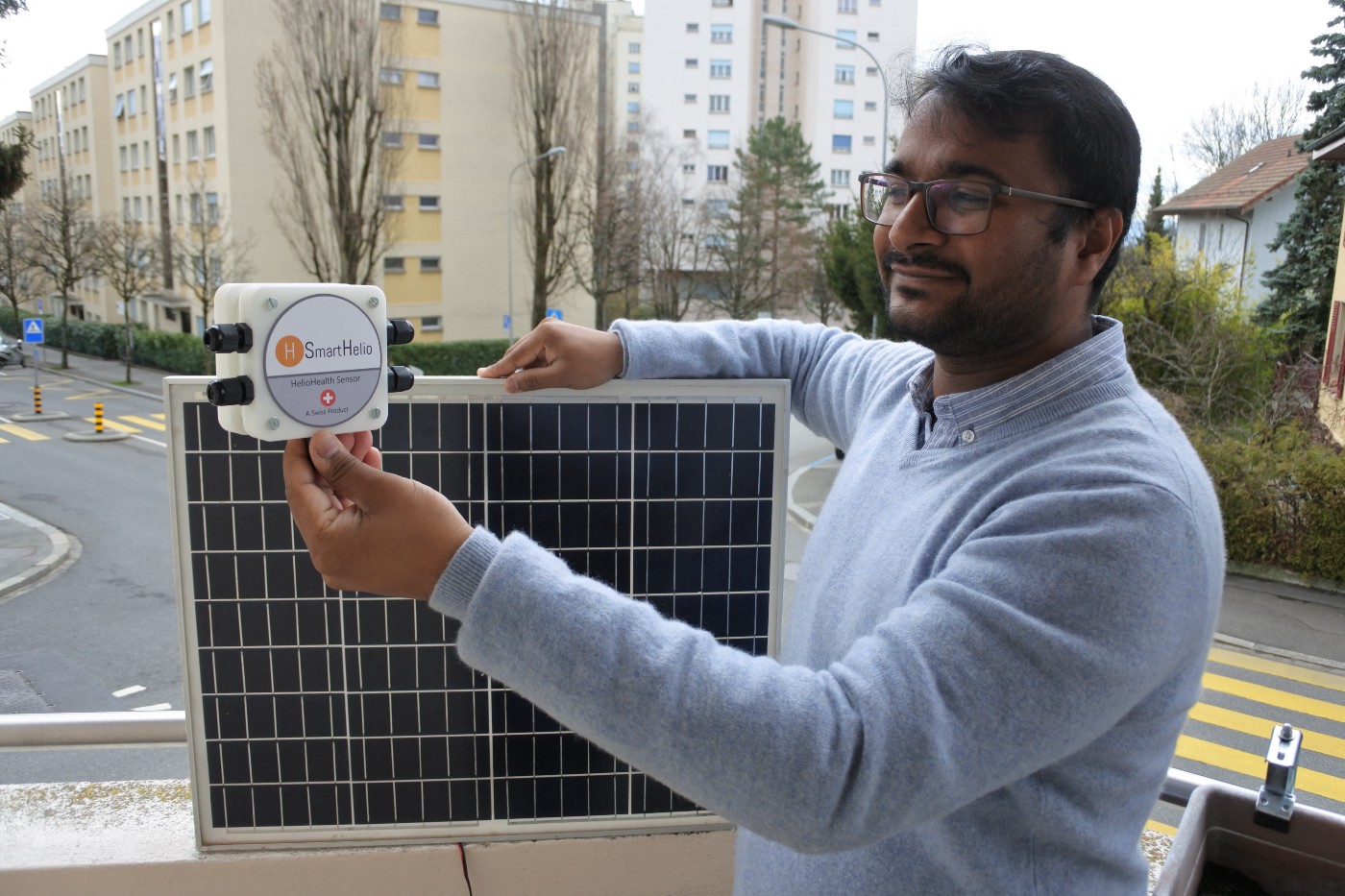
In order to optimize a solar plants’ efficiency, SmartHelio has developed a cloud based system to analyse their performance. This innovative system then provides prescriptive actions to fix the faults and improve energy production.
“Just like a doctor, our sensor ensures solar panels work properly and generate more kWh per day”, says Govinda Upadhyay, CEO of SmartHelio.
The start-up was created in 2019 in Lausanne, Switzerland and currently employs three people.
SmartHelio solution — an AI-enabled sensor, is made up of three modular components: a communication module compatible with different protocols (WIFI, GSM, LoRa and BT), a encrypted processor and, most importantly, a fault detection device. For the time being, the detection device just captures current and voltage data, but in the near future, it could take into account more parameters such as pollution, air temperature or soil humidity.
Diagnostics and Prescriptions
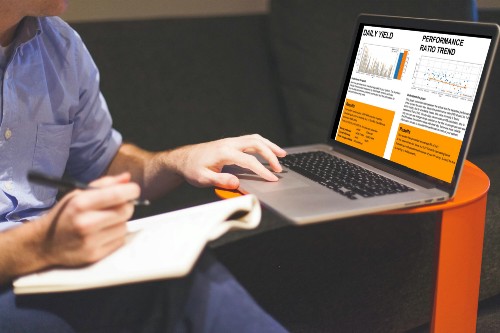
Pattern recognition technology is being used in the sensor developed by SmartHelio which can identify faults in solar plants. By measuring the variations of current and voltage, the technology anticipates and prevents failure of the system. Their algorithm is based on clear sky moment detection that helps the AI to detect shading events, panel soiling, module degradation etc. Ten years of research has gone into this project to develop such AI where the data has been collected from solar plants from all over the world.
Beside its affordability, what makes SmartHelio solution so different from competition is how data is being processed and analysed automatically.
“Many monitoring systems already exist, but they are all expensive and can only collect data, but they are not able to perform root-cause analysis as SmartHelio does.” SmartHelio system can also use data coming from several sources and other monitoring platforms; in addition, it does not necessarily require weather station to assess solar plants performance, unlike competitors.
Taking things up a notch
After a few tests in Switzerland, the company decided to focus its activity in emerging markets such as India, where solar energy industry has a 34% growth (CAGR), representing 10 billions Swiss Francs. Currently, SmartHelio has more than ten clients and currently monitors a 20MW portfolio.
In Europe, the start-up has two clients in France and one in Switzerland. During the covid-19 crisis, its activity has increased 200%; lots of solar plants owners were looking for a system capable of analyzing data in a reliable and precise way to remotely diagnose their systems.
A CEO known for his sustainable innovations
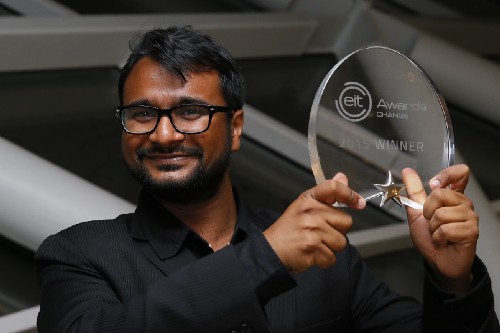
It is not the first time that Govinda Upadhyay innovated in the solar industry: his first start-up, LEDsafari, offers a DIY solar lamp, combined with a online training platform, which has impacted so far more than 100,000 people in the world.
Thanks to that invention, Govinda won in 2015 the EIT Change Award; in addition, he was listed among the Forbes “30 under 30” and the Asia 21 Young Leaders. He has also received the prestigious Swiss Ambassador Award for his work in sustainability.”
Thank you Efficience 21 and CleantechAlps for this article about the journey of SmartHelio and its founder, Govinda. Check out the original article, written in French, here!


